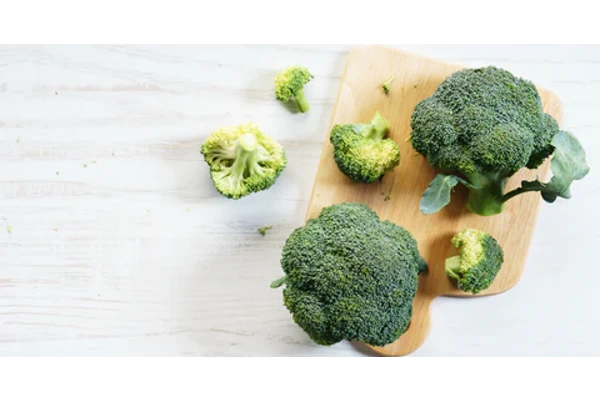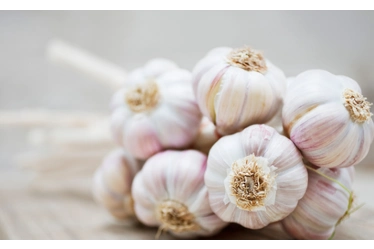“Eat your veggies!” It's a ubiquitous saying that is used to tease children and adults alike, but its warning is not idle. A survey done on 2,000 Americans showed that a whopping one out of four adult Americans has never eaten a vegetable in their lives. And despite knowing that a balanced diet provides the nutrition necessary for your body to ward off fatigue and disease, the average American only includes vegetables in a third of their meals.
That's why “superfoods” have become so popular - the need to make the most of what you eat. So while you're laying out your plate with nutrient-dense foods, here's something else to consider: does that vegetable section benefit your gut bacteria?
What is your gut telling you?
Over 50% of the cells in your body aren't human, and most of them exist in your intestines. These complex communities of bacteria, fungi, and other microbes set up camp in your body and can affect how it operates. The balance and health of human gut microbiomes are associated with a wide range of ailments, ranging from physical—like diabetes and obesity—to psychological and neurological, like anxiety, depression, and Alzheimer's.
So, balancing your gut is one of the first steps in ensuring your overall wellbeing. Microbiota can be defined in four ways:
- Probiotic, like Lactobacillus plantarum which has anti-inflammatory properties and can help with autoimmune diseases.
- Beneficial, likeBlautia wexlerae which helps digest complex carbohydrates
- Neutral, like Parabacteroides distasonis which helps protect against inflammatory bowel disease.
- Unfavorable, likeClostridioides difficile, which is associated with inflammation and diarrhea.
Keeping your microbiome “in balance” means that you are creating an environment that discourages the unfavorable and encourages the beneficial. And you can do that with the foods that you eat.
Veggies high in fiber


One of the first things you should do to improve gut health is to increase your fiber intake. The average American consumes less than half of their suggested daily value.
There are two kinds of fiber: soluble (which we'll get into later) and insoluble, and each has a different effect on your gut. Insoluble fiber's claim to fame lies in its laxative properties. It is resistant to dissolving in water, adding bulk to the stool to regulate bowel movements.
And while most vegetables are naturally high in fiber, the brassica family gets a gold star. Broccoli, cauliflower, Brussels sprouts, and kale have all earned a place on the high fiber list. And the sulfur compounds common in the brassica family latch onto carcinogens in the intestines, removing them from your system and keeping bad bacteria at bay.
Prebiotic vegetables


Soluble fiber, on the other hand, is water-soluble and breaks down into a gel in your intestines and colon. Not only does this protect your gut from inflammation, but beneficial microbiota feed off this gel, transforming it into essential short-chain fatty acids.
Prebiotics like soluble fiber stimulates the growth of beneficial microbiota. Garlic is especially high in the inulin and oligosaccharides, as are the other Allium vegetables such as onion, leek, and shallot.
Also high on the probiotic list is resistant starch like the kind found in potatoes or Jerusalem artichoke. While starchy root vegetables have gotten a bad rap in recent years for its high carb count, they also have the highest fatty acid conversion percentage.
Veggies high in polyphenols

Bifidobacteria and Lactobacilli love these plant compounds! Polyphenols have antioxidant and anti-inflammatory properties that can cross the blood-brain barrier. That means that polyphenols impact everything from gut to brain, even preventing neurodegeneration.
Many of the foods high in polyphenols are spices—such as cloves or oregano—which are eaten in trace amounts. That's because polyphenols are bitter, and are high in vegetables like artichoke, chicory, and asparagus.
Fermented vegetables

Alright, so fermentation isn't a component of any one vegetable as much as it is a process. But if the goal is to feed the beneficial microbes in your gut, then we can't ignore the positive effect of fermented vegetables like sauerkraut, kimchee, and curtido. Probiotic foods like fermented vegetables add to the colony of beneficial bacteria in your gut and crowds out the unfavorable.
Interested in learning more about how probiotics help balance your microbiome?
